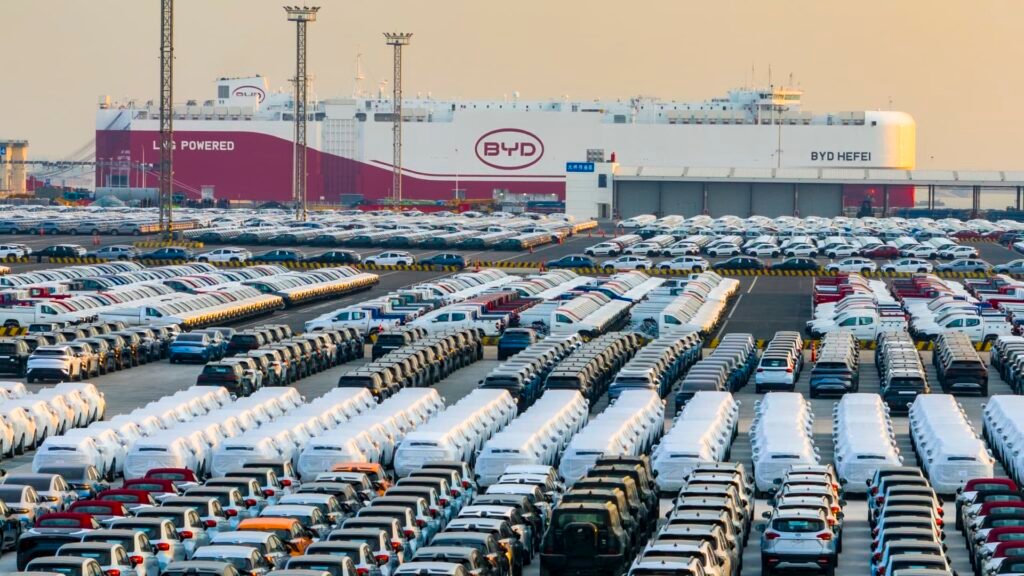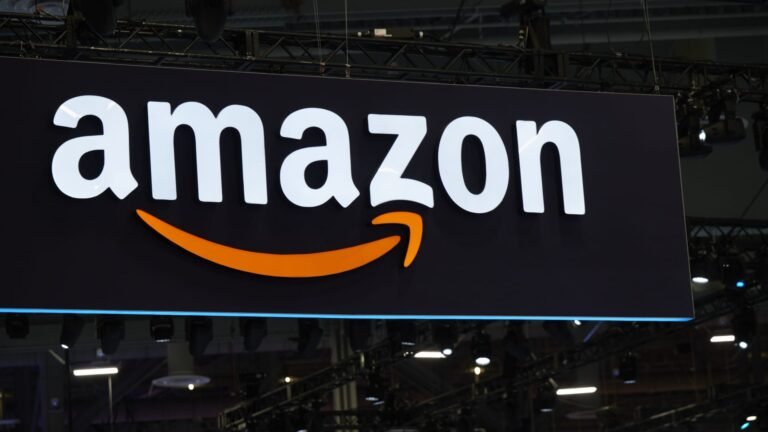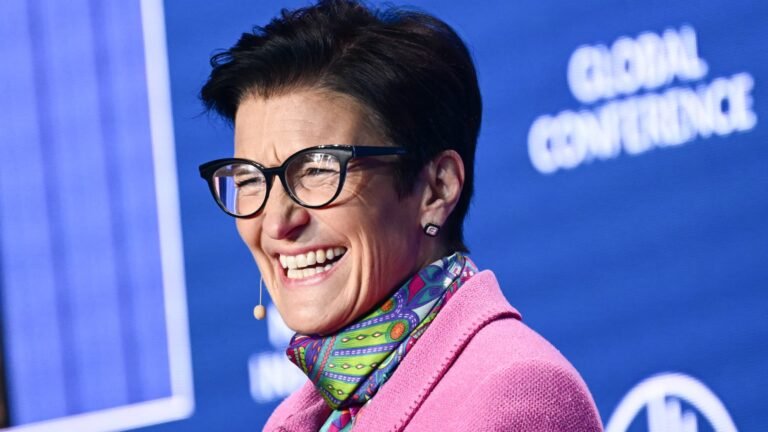
China’s electric car market is expected to experience a significant slowdown in 2025, as analysts predict, putting pressure on companies striving to stay afloat. In 2021, sales of new energy vehicles, encompassing battery-only and hybrid cars, surged by 42% to nearly 11 million units, as reported by the China Passenger Car Association. Market leader BYD saw a remarkable increase in NEV sales, rising by over 40% to almost 4.3 million units, surpassing its internal growth target of at least 20% from 2023.
Looking forward, HSBC analysts anticipate a mere 20% rise in China’s new energy vehicle sales this year, coupled with increased industry consolidation. They project BYD’s unit sales growth to be around 14%. Despite strong sales volumes, Yuqian Ding, head of China autos research at HSBC, highlighted that only BYD, Tesla, and Li Auto were profitable in 2023, emphasizing the unsustainable nature of the current situation and the expected acceleration of industry consolidation.
China’s combination of subsidies and consumer incentives has fueled the rapid expansion of new energy vehicles in recent years. Shenzhen-based company Appotronics, primarily a laser display firm, ventured into the automotive sector by introducing an in-car projector screen in China early last year, delivering over 170,000 units. However, the company foresees similar sales volumes in 2025, with Chairman and CEO Li Yi suggesting a market recovery not until 2026 due to financial challenges faced by automakers and overcapacity issues.
As automakers flooded into China’s burgeoning electric car market, a price war ensued to attract customers. Xiaomi, a smartphone company, launched its SU7 electric sedan priced $4,000 lower than Tesla’s Model 3, intensifying competition. Ding from HSBC noted that price reductions by BYD and Tesla compelled rivals to follow suit, squeezing profit margins in the auto industry, particularly with the momentum favoring EVs.
With NEV penetration exceeding 50% of new car sales by the second half of the year, the growth rate of new NEV car sales is expected to slow to 15-20% in 2025, according to Fitch Bohua analyst Wenyu Zhou and team. They anticipate smart features to become a key competitive factor. Automakers in China are increasingly focusing on in-car entertainment and driver-assist technology to differentiate their vehicles.
As the electric car market growth moderates, Appotronics plans to introduce a 4K-resolution projector and an enhanced screen with better contrast and privacy features in Chinese cars this year. Looking ahead, the company aims to develop new laser-based applications for car headlights over the next two to three years. Li mentioned ongoing discussions with Tesla for a projector-type product in a future vehicle, subject to a non-disclosure agreement.




